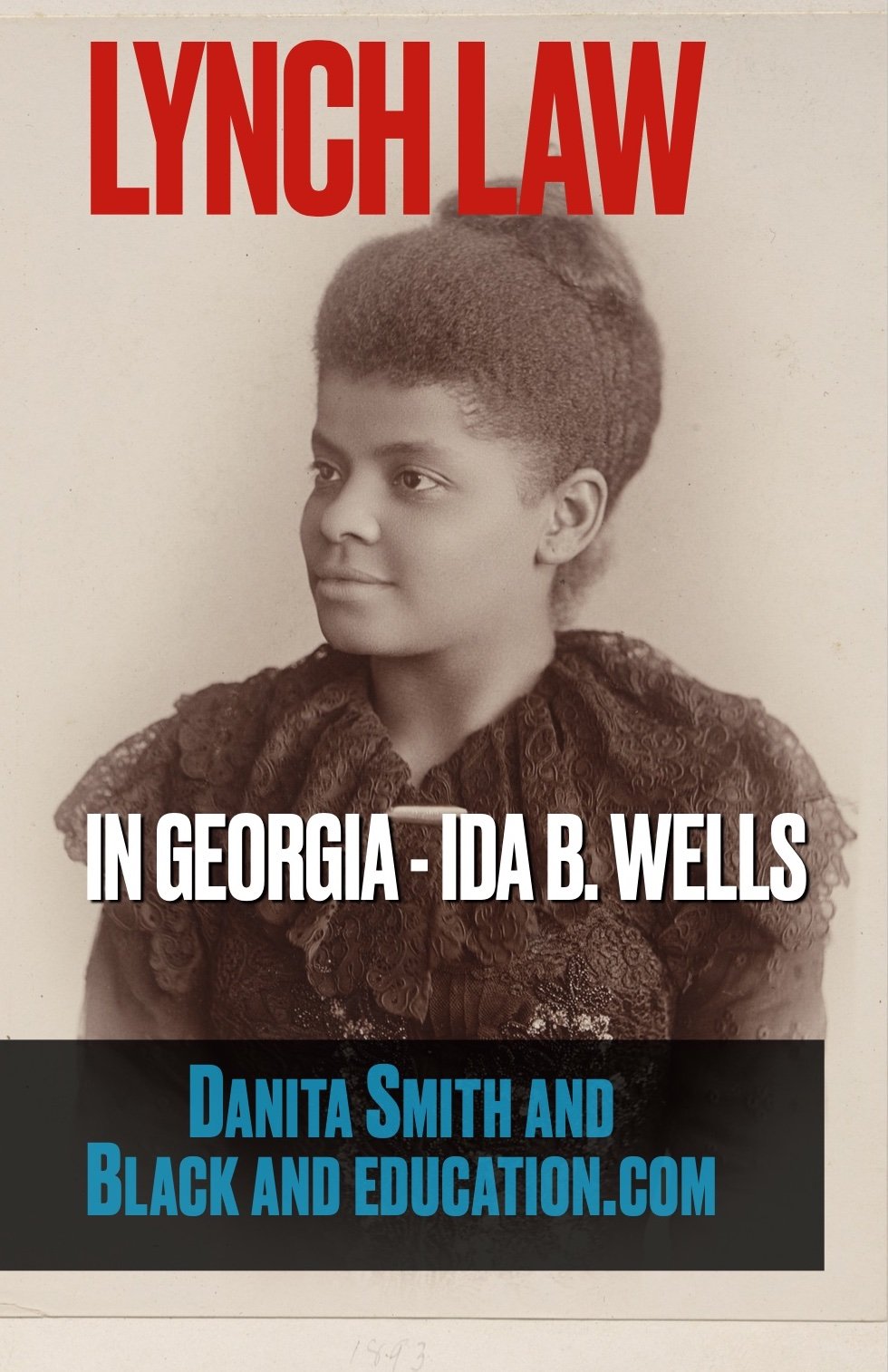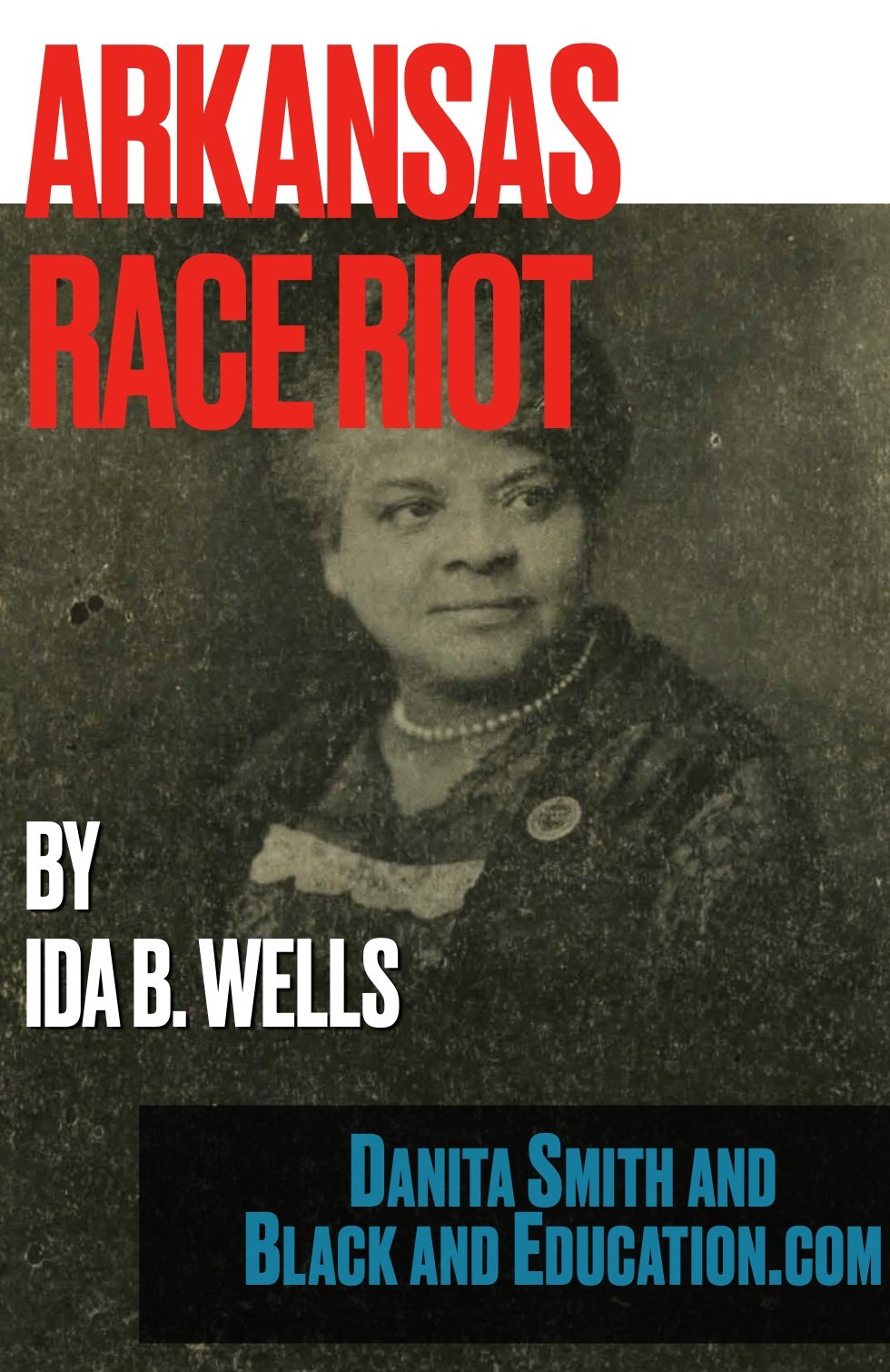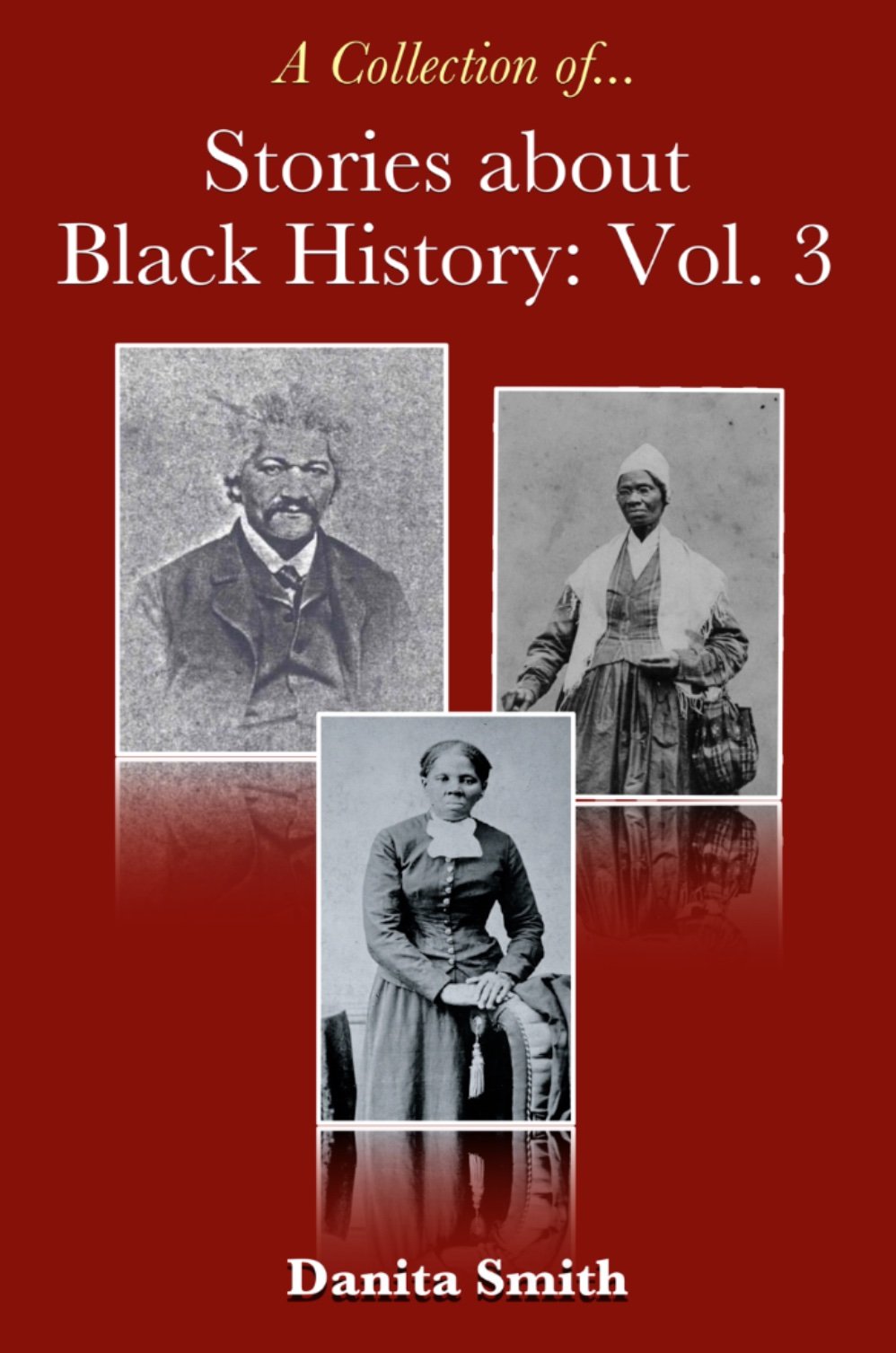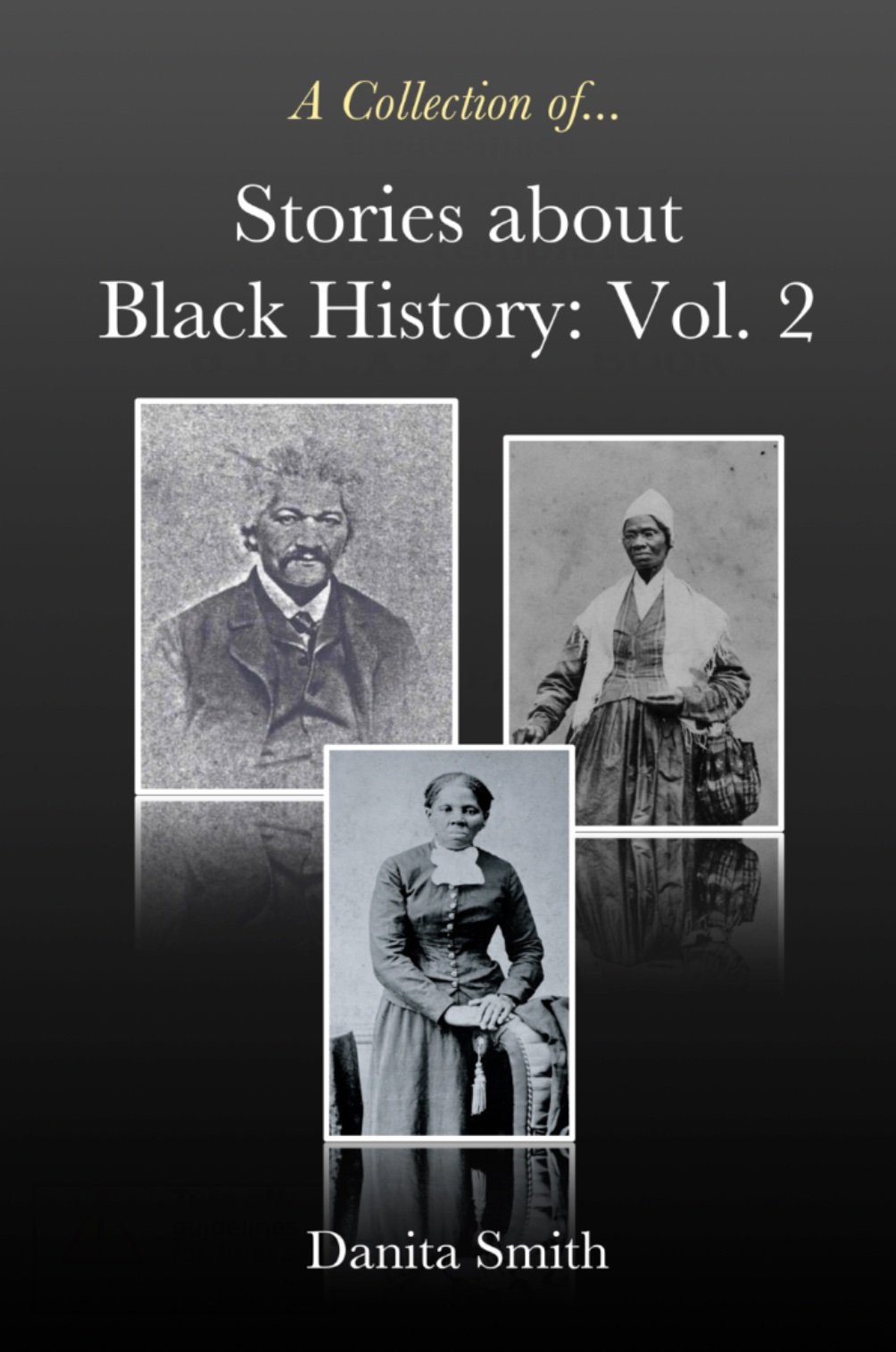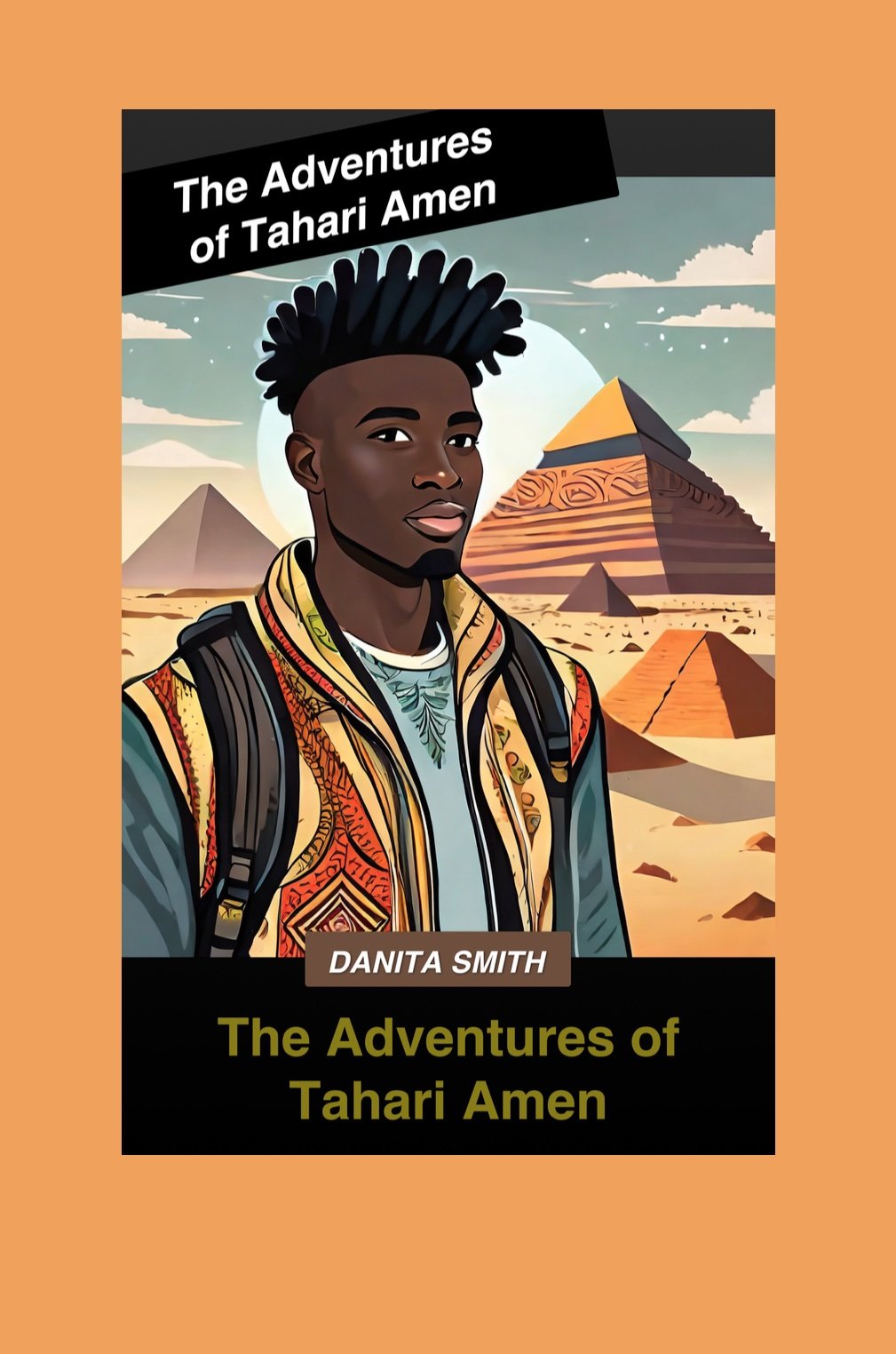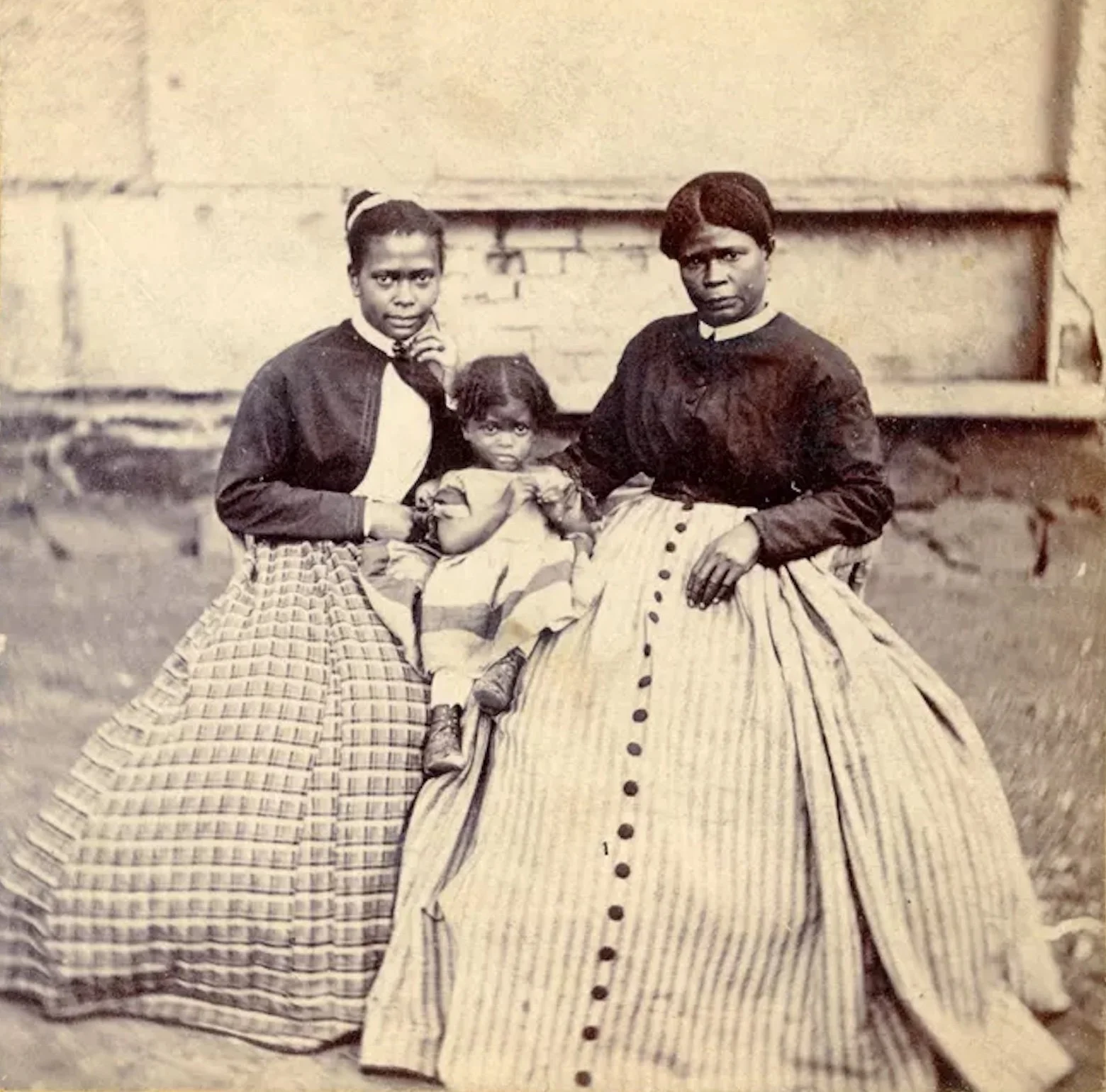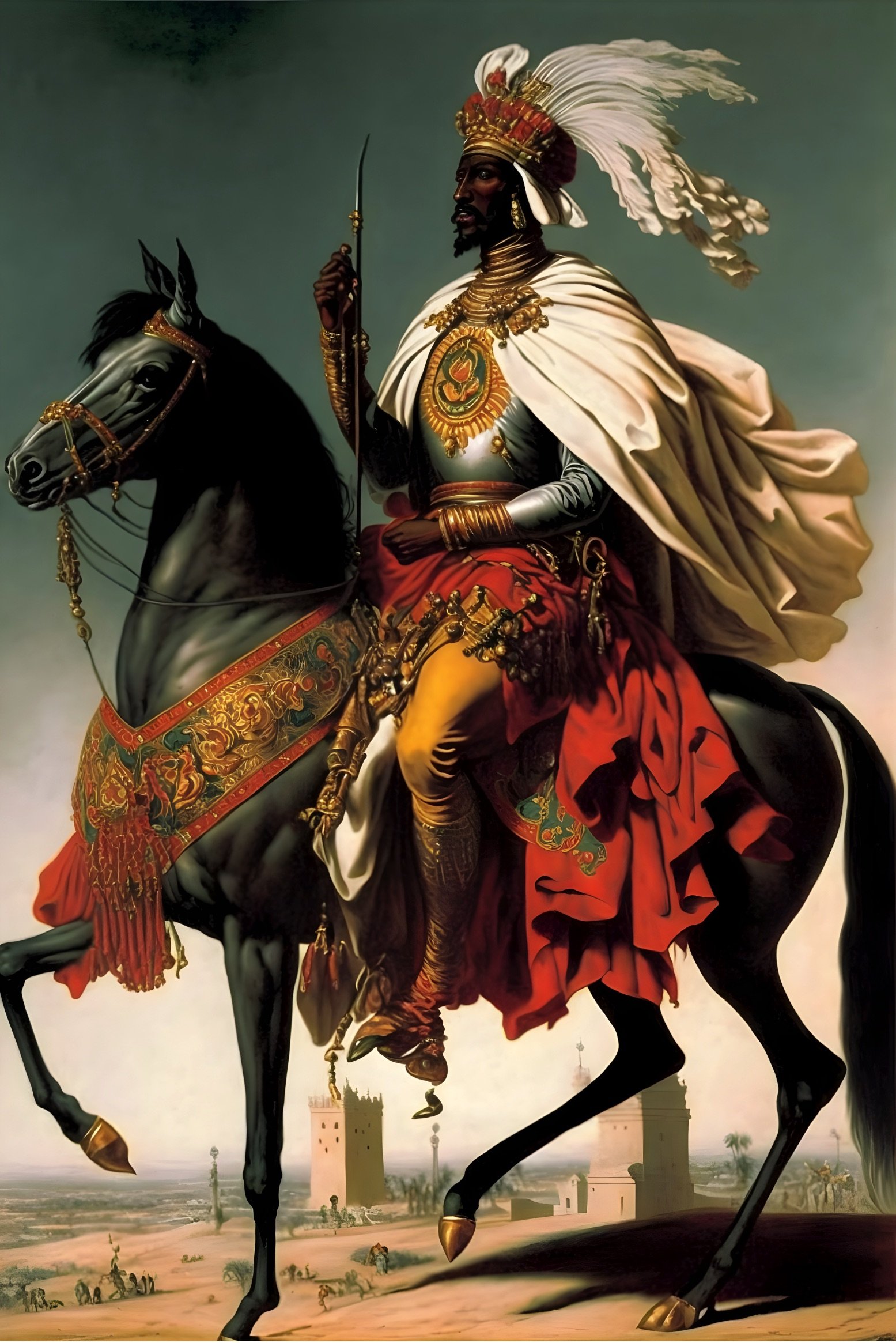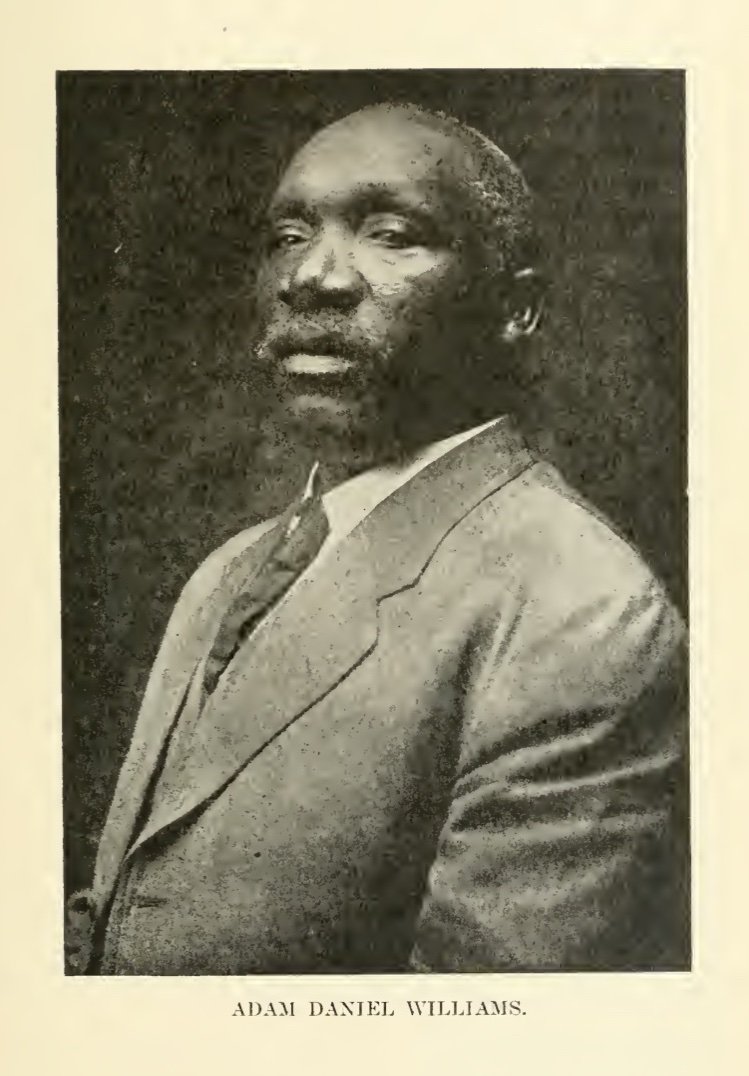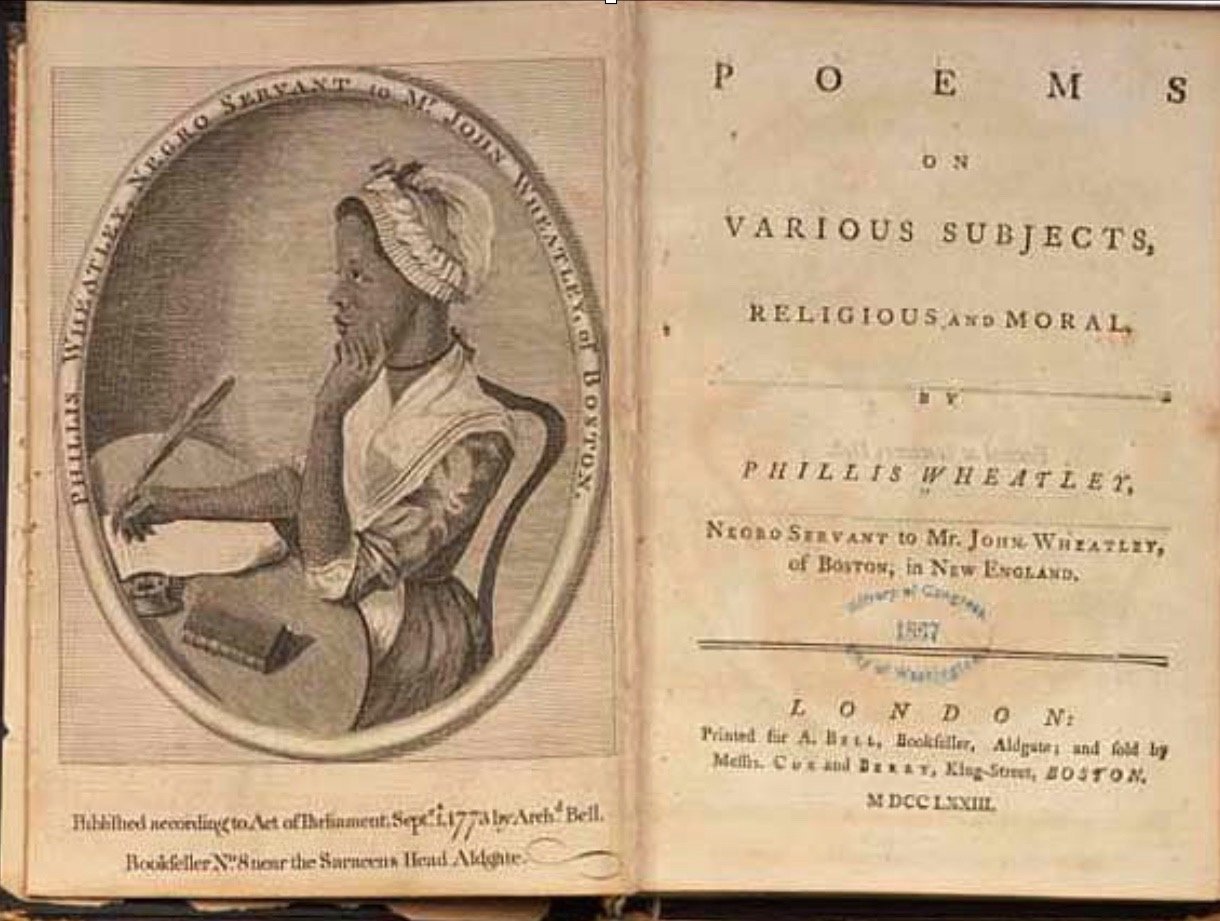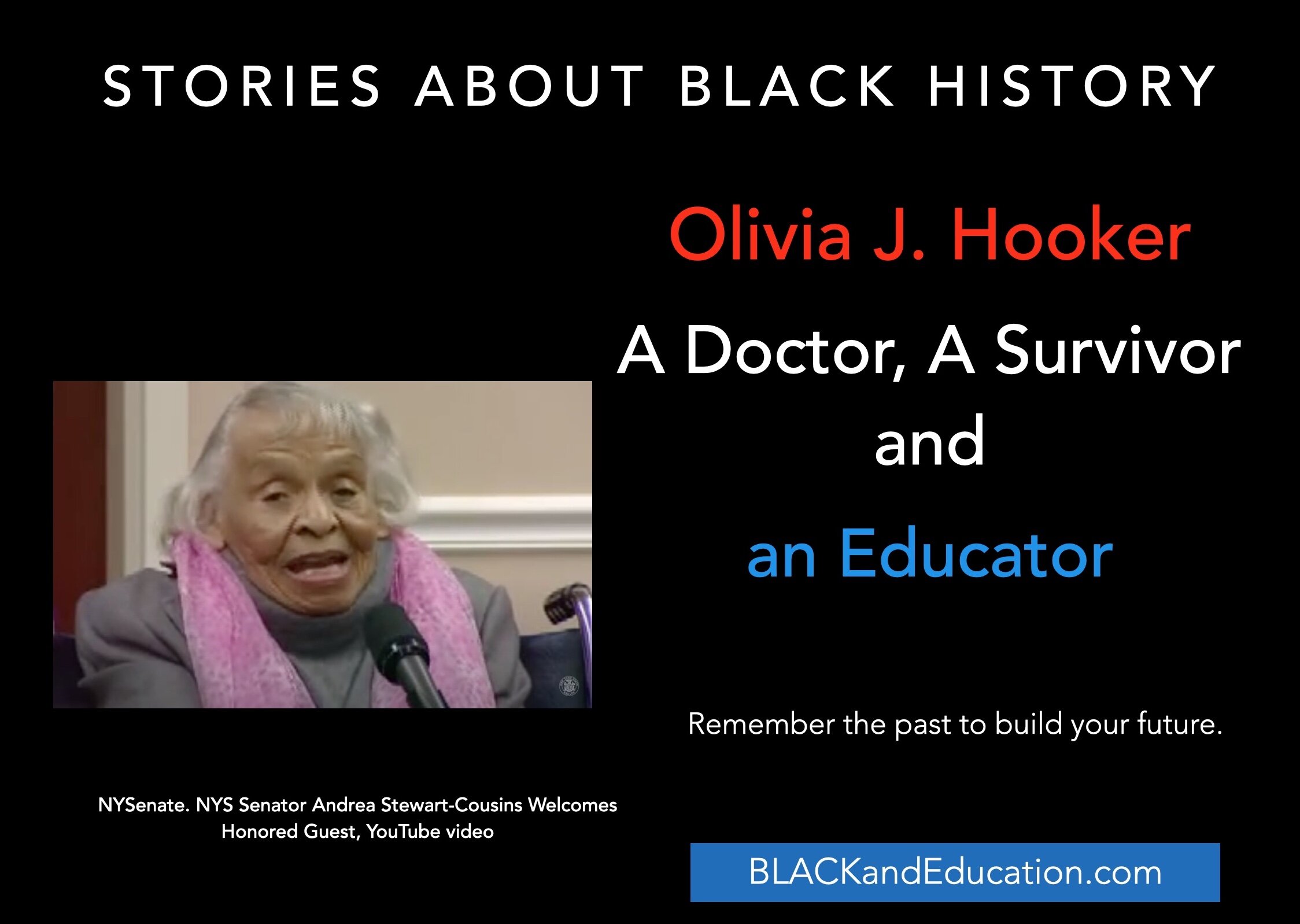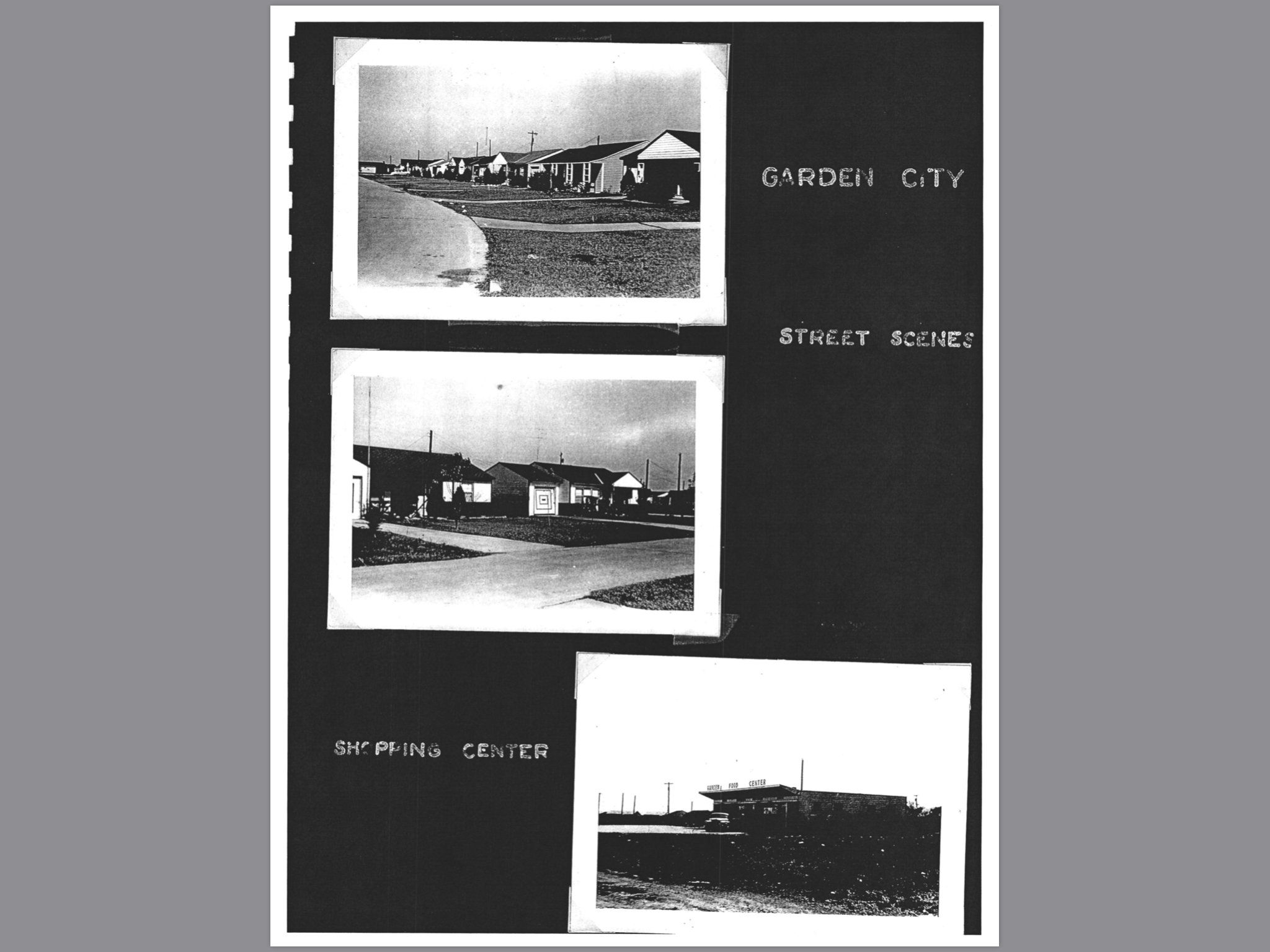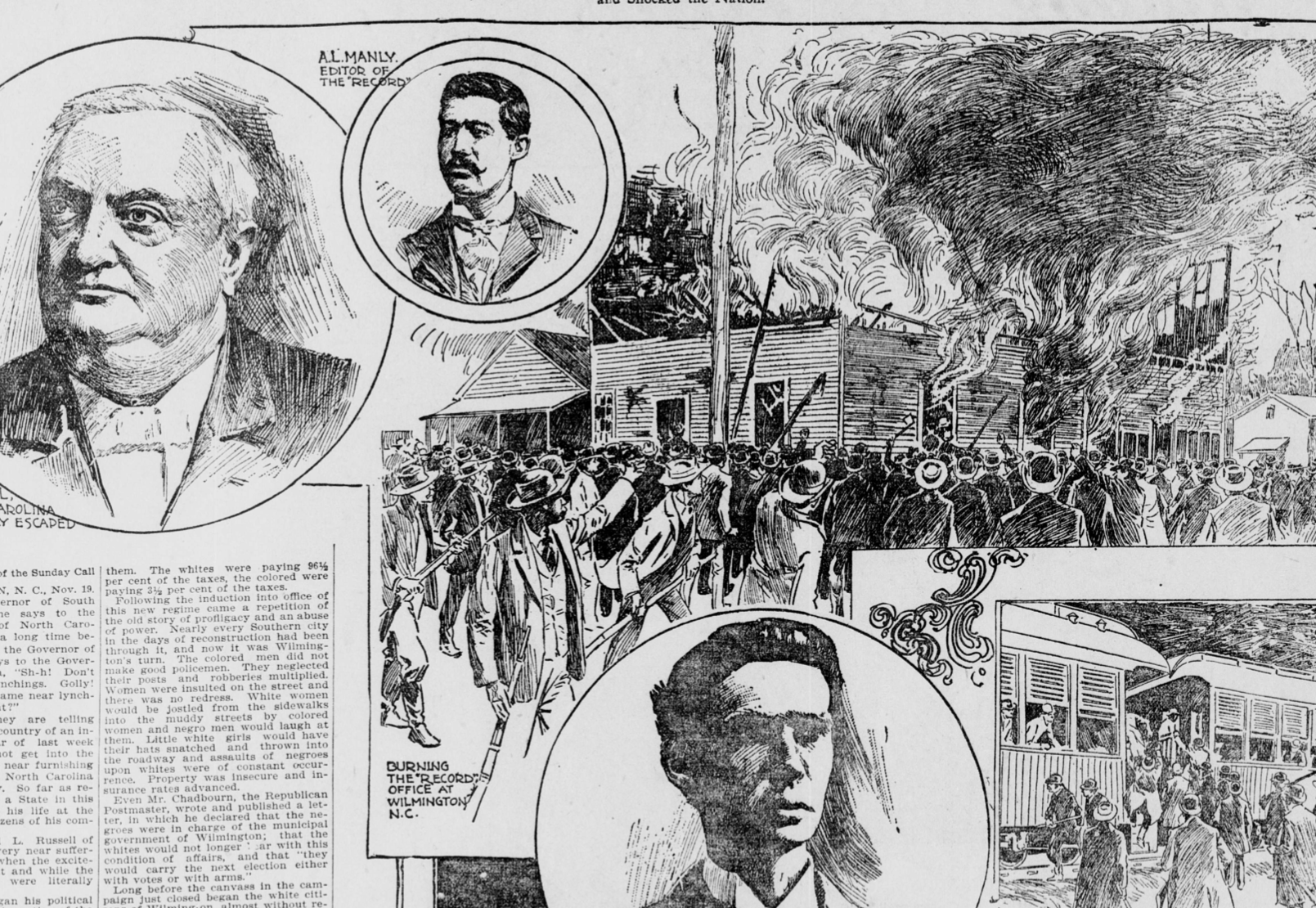(Visit @BlackAndEducation on YouTube)
Explore workbooks and in-depth courses in Black history, master essential math concepts, and build in-demand computer science skills. Start your learning journey with us today!
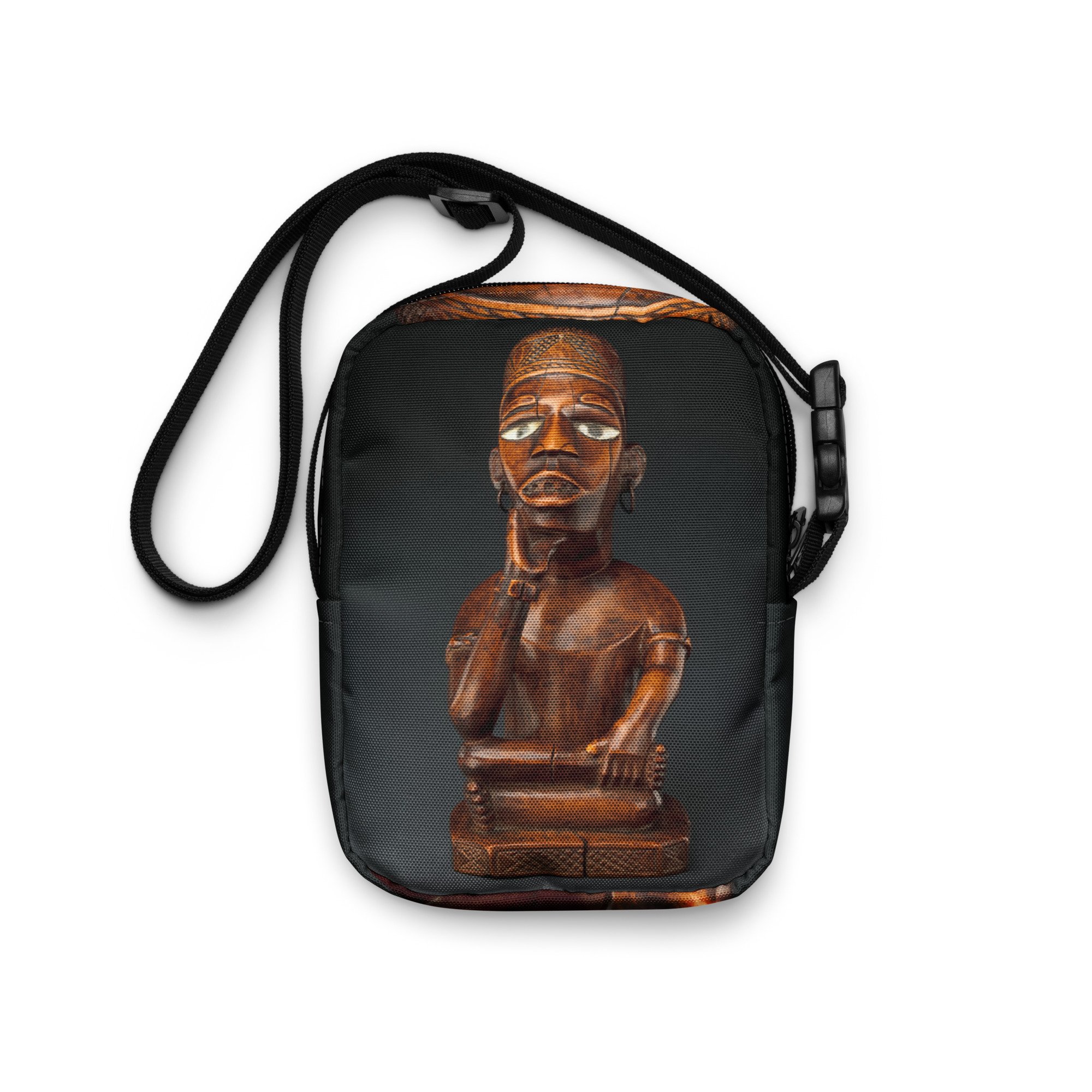
Religion of the Black Land by Danita Smith
Stories about Black History
Our articles are researched accounts of real experiences that are moving and true. Get to know these fascinating human beings and experiences and never forget them.
Who was Dr. Martin Luther King, Jr.’s grandfather and why was he important?
Fannie Lou Hamer was a remarkable woman. Let's explore her early beginnings in life, her days fighting to register to vote, her time being beaten in jail and her famous speech during the Democratic National Convention, in August of 1964.
In the first year of his reign (after the reign of his aunt, Hatshepsut, 1479 - 1458 BC), King Thutmose III began a twenty-year effort to regain control of areas that had been won under his father and predecessors. The records of his efforts are carved in monuments in the Temple of Amen at Karnak.
About 700 years before Christ, B.C., the land of Kemet (Egypt) was ruled by Nubian Kings along with the land of Kush. Kashta and Piye (Piankhy), father and son kings of Kush, helped to create a united country that consisted of Kush (in today’s Sudan) and, first Upper Kemet, then all of Kemet.
In particular King Piankhy established rule and set up governance of this new kingdom, from his home base in Napata in today’s Sudan.
Ida B. Wells wrote about several incidences in Georgia, in 1899. This is an excerpt of the murders of several men, who were tied together in a warehouse, awaiting trial the next morning on the accusation of arson.
“That the awful story of their slaughter may not be considered overdrawn, the following description is taken from the columns of the Atlanta Journal, as it was written by Royal Daniel, a staff correspondent. The story of the lynching thus told is as follows :
Selina and Thornton Gray should be best know for what they did for their family, not for anything they did for Robert E. Lee or George Washington’s legacy.
Jan Matzeliger studied the process and the movements of the hands of the “lasters.” He invented a machine that would revolutionize the process.
Granville T. Woods was born on April 23, 1856 in Columbus, Ohio. As a life-long learner, he spent much of his free time studying and learning about things that interested him, on his own. He became an apprentice to a machinist and learned blacksmithing and how to work with machines. He studied in school for a brief period of time and eventually got a job with the Danville and Southern Railroad company in Missouri, in 1872.
Who were the Moors? The Iberian peninsula, what is today Spain and Portugal, was inhabited in some way for well over 700 years by Islamic people we call the Moors.
John Parker was born in 1827 in Norfolk, VA. He was enslaved and was sold at the age of 8, from Virginia to Mobile, AL. Imagine what is was like for an…
“Economic justice reached its awful climax in 1919 in the final answer to two appeals made by working men, both groups seeking through peaceful appeal to win better wage and working conditions; both presenting their grievances through chosen representatives, one to be rewarded by the President of the United States with patient hearing and final success, the other to suffer massacre at the hands of the mob and the death penalty by courts of law.”
Reverend Adam Daniel Williams and his wife, Jennie C. Parks, purchased the home at 501 Auburn Avenue—the house where Dr. Martin Luther King, Jr. would be born.
Phillis Wheatley was the fist African American to publish a book of poetry in the colonies—she lived before, during and through the American Revolution, from about 1753(?) to 1784.
Arkansas Baptist College was founded in 1884 by the Colored Baptists of Arkansas. It was founded as the Minister’s Institute at a convention at Mount Zion Baptist Church in Little Rock.
September 14, 1924, the American Baptist College opened its doors. Like some other historically Black colleges, the American Baptist College got its start from a religious organization.
Allen University was founded by the African Methodist Episcopal Church (AME) in 1870. It’s hard for me to think of another institution (outside of the Federal Government) that has supported and established more institutions of higher learning than the African Methodist Episcopal Church.
It cannot be overstated that the AME Church had a lasting and phenomenal impact on the lives of many Black Americans. It was the first independent African-American religious denomination in the country.
Alcorn State University was founded in 1871. It sits near the banks of the Mississippi River, in the southeast part of the state—in Lorman, Mississippi.
Albany State University was founded in 1903, as the Albany Bible and Manual Training Institute. It was established to provide “religious and basic education, as well as teacher training”
Founded in 1867, Alabama State University, was started as the Lincoln Normal School at Marion.
Alabama Agricultural and Mechanical University is located in Huntsville, AL and is the largest HBCU in Alabama.
With over 6,000 students, currently, Alabama A&M offers degrees in computer science, mechanical engineering, civil engineering, education and more.
W. C. Handy was born in Florence, Alabama. He was born William Christopher Handy on November 16, 1873 to Elizabeth Brewer and Charles Barnard Handy.
Brethren, arise, arise! Strike for your lives and liberties. Now is the day and the hour. Let every slave throughout the land do this, and the days of slavery are numbered. You…
Sir if this is founded in truth, I apprehend you will readily embrace every opportunity to eradicate that train of absurd and false ideas and opinions which so generally prevails with respect to us, and that your Sentiments are concurrent with mine, which are that one universal Father hath given being to us all, and that he hath not only made us all of one flesh, but that he hath also without partiality afforded us all the Same Sensations, and endued us all with the same…
What I thought about as I have read about Sally Hemings (over the years) has been, “What about her mother? What was her mother’s life like?” When I now think about Sally Hemings and her mother, Elizabeth Hemings, I think about the words “Me too!”
Dr. Olivia J. Hooker was a clinical psychologist, a professor of psychology, one of the first African-American women to serve in the U.S. Coast Guard and a survivor of the Tulsa race massacre in 1921.
For the few Blacks who were able to get homes, their homes “may have” risen in value, but so much of the money surrounding the housing industry was going to white people who were profiting off of a segregated area.
“They went from there across the railroad into what is known as Darktown and Brooklyn; they had sent a committee to remove all the white women and their children down town, where they had prepared a guard to keep them secure. They marched through the streets protected by these military and citizen regulators, perfectly safe.”
Once the supporters of white supremacy in New Hanover County (Wilmington, NC) gained the desired victories on election day, November 8, 1898, they were not finished. There were other offices in the city they wanted such as mayor of the city, chief of police and aldermen—even though those positions were not on the ballot or up for change.
“There is little doubt that if a Republican ticket is brought out for county offices, the situation here will become more serious than ever. The Democrats, have carried out their part of the arrangement with the Governor by changing their candidates for the lower House of Legislature, and they are furious over the talk of a Negro county ticket.”
I, for one, am unsatisfied with the hope of an ultimate “political” solution sometime in the indefinite future while, in the meantime, countless children unjustifiably receive inferior educations that "may affect their hearts and minds in a way unlikely ever to be undone.”
Danita Smith
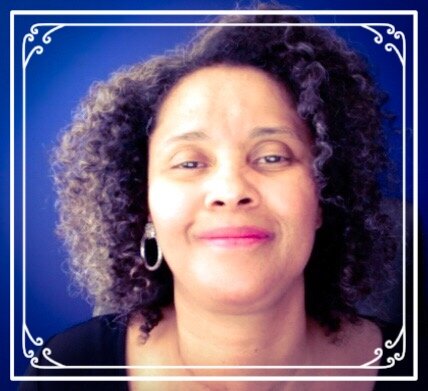
Danita Smith, Founder, Red and Black Ink, LLC
I am the founder of Red and Black Ink, LLC, a company dedicated to uplifting our children through education and history.
I have written more than ten books on history and education.
I believe these sentiments to be the most relevant as it relates to my lifelong study of history: “Of all of our studies, history is best qualified to reward our research.” — Malcolm X






